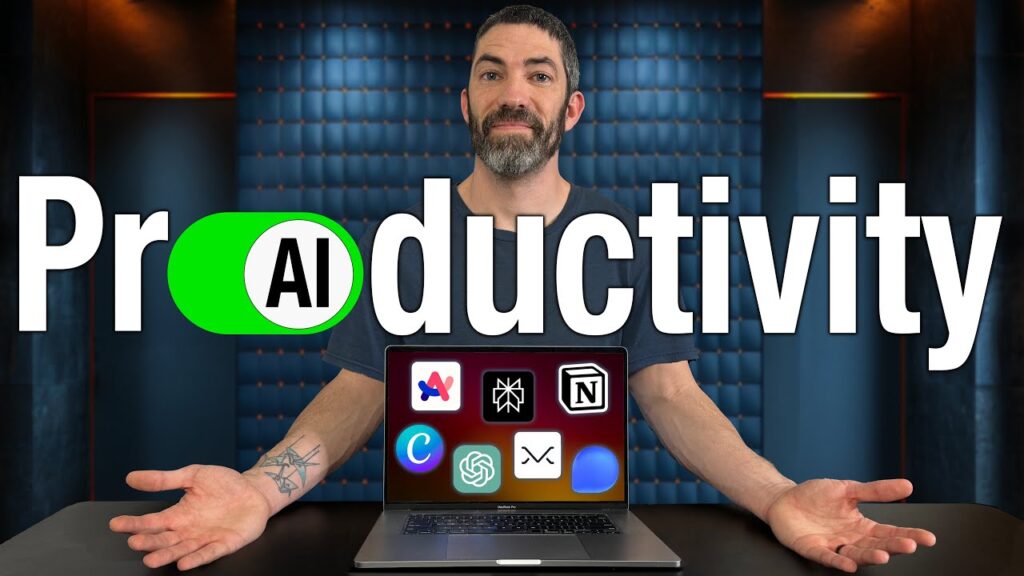In the digital age, the concept of AI has become prevalent in various aspects of our lives. From chatbots to virtual assistants, AI technology is constantly evolving. However, concerns around data privacy and security have prompted the development of private AI solutions that allow individuals and companies to run AI models on their own devices without sharing sensitive information with external entities.
Setting up a private AI system, as discussed in the transcript, offers numerous advantages. By running an AI model locally on a laptop or computer, users can ensure that their data remains private and secure, free from the risks associated with external data sharing. The process of installing a private AI model, such as the LAMA two AI, is straightforward and efficient, taking only a few minutes to complete.
Moreover, the ability to connect personal knowledge bases, documents, and journal entries to a private AI model opens up a realm of possibilities. Users can interact with the AI to ask questions and seek insights tailored to their specific data, enabling personalized and efficient information retrieval. This approach not only enhances productivity but also maintains a high level of data confidentiality.
For companies, the implementation of private AI can revolutionize internal processes and workflows. With the assurance of data privacy and security, organizations can leverage AI technology within their own infrastructure, leading to enhanced efficiency and innovation. The partnership between VMware and Nvidia exemplifies how companies can empower their AI initiatives while ensuring data sovereignty.
Furthermore, the process of fine-tuning AI models on proprietary data allows for customized interactions and accurate responses based on internal knowledge bases. Through techniques like prompt tuning and leveraging tools like RAG (retrieval-augmented generation), individuals and organizations can optimize their AI models for specific use cases, ranging from customer interactions to data analysis.
In conclusion, the rise of private AI signifies a shift towards localized AI solutions that prioritize data privacy and customization. By embracing the potential of private AI, individuals and companies can harness the power of AI technology while safeguarding their sensitive information in an increasingly digital world. The future of AI lies in privacy-centric solutions that enable personalized, secure, and efficient AI interactions.












